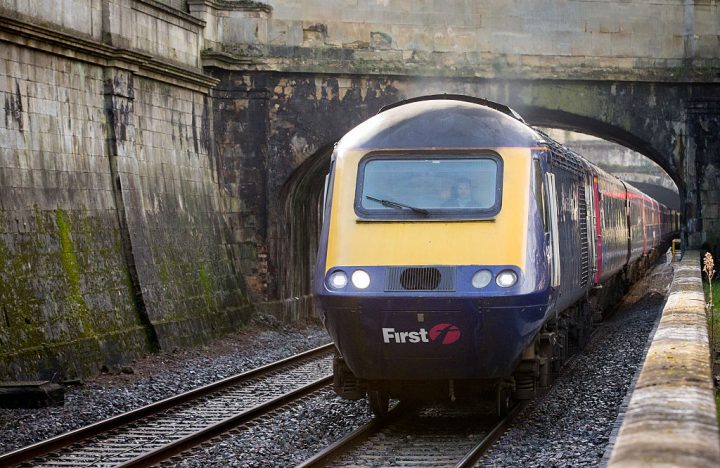Labour’s plan to renationalise the railways is not much of a plan at all. Rather, it is a list of goals: to eliminate ‘fragmentation, waste, bureaucracy’, to ‘bring down costs for taxpayers’ and to ‘drive-up standards for passengers’. All lofty ambitions, all lacking a strategy.
What little detail we do have points to significantly more bureaucracy. The party plans to set up two more quangos – Great British Railways and the Passenger Standards Authority – which are unlikely to do much to create the more ‘efficient’ system Labour is promising passengers.
Still, the announcement has been popular. And it is likely to stay popular until commuters are forced to reckon with the realities of a nationalised service again, which has, in the past, seen passenger numbers plummet when services are under the control of the state.
Why is there so much support? It strikes me that calls to renationalise the railways – just like growing calls to bring water back into state ownership – stem from the assumption that if the public want to see improvements in this sector or that, politicians are more likely to listen and fix the problems than chief executives. But that’s rarely the case.
Of course politicians will earnestly say they want to improve services. Calls for ‘investment’ are always bandied about, as if better infrastructure is a simple solution no one has thought of to address the many failures and breakdowns we’ve seen in these services over the years.
The trouble is that to increase investment, you have to find the cash to pay for it. This isn’t just hard to find in the good times (which we are not in at the moment), it also means sticking to your spending pledges and not diverting the money to more politically popular policies in the run-up to an election year.
This is extremely unlikely to happen. There’s a reason rail investment rose when services were put in the hands of the private sector; or that investment in the water industry doubled after it was privatised in the late 1980s. Politicians promise ‘investment’ in practically every area, but if you follow the direction the money ends up flowing, it (of course) ends up propping up vote-winners such as the National Health Service and the state pension.
Indeed, the story of the past 30 years, under successive governments run by both Labour and the Tories, is a half-hearted attempt to make capital investments which almost always get sidelined for more day-to-day spending. It’s how you end up with school roofs falling in and hospitals resembling those in developing countries. Voters say they want lots of things, and then politicians have to prioritise them. Will rail or water really be the top concern of the next government that will have to tackle an NHS England waiting list of 7 million? We can already say, with some certainty, that we know where any extra cash is going to be directed.
It’s interesting to see both Labour’s announcement for rail renationalisation and Rishi Sunak’s announcement for 2.5 per cent defence spending by 2030 be delivered in the same week that we found out the government borrowed £120 billion in the last fiscal year. This is £6 billion more than the Office for Budget Responsibility’s latest prediction. The Tories insist they won’t borrow more to meet the defence commitment, while also indicating they would like to bring in further tax cuts. Labour is insisting that renationalisation will pay for itself: that the £800 million to £1 billion a year spent by private companies on rail investment will be realised through efficiency gains.
None of this adds up. These aren’t real policies or plans until the money is accounted for.








Comments